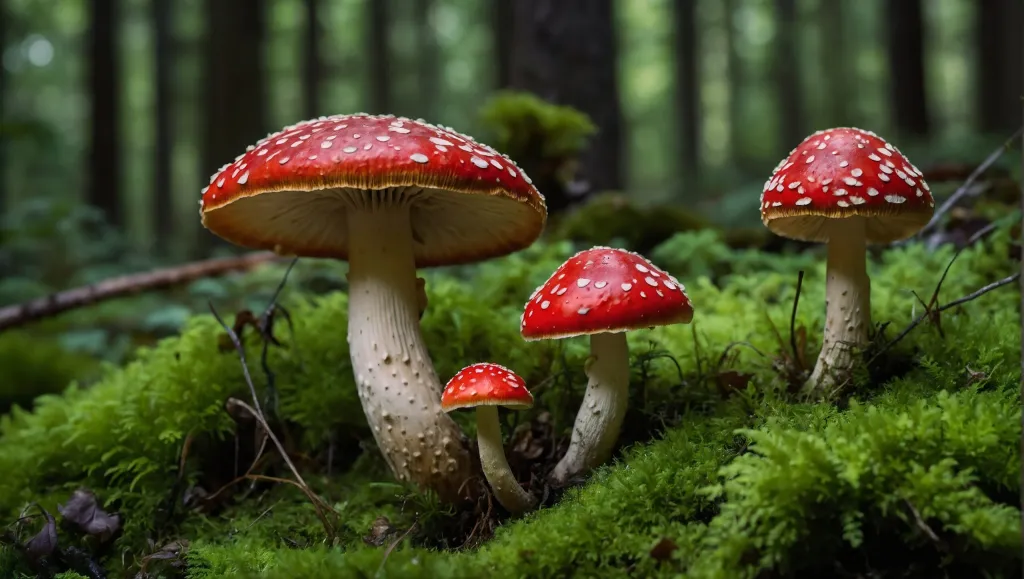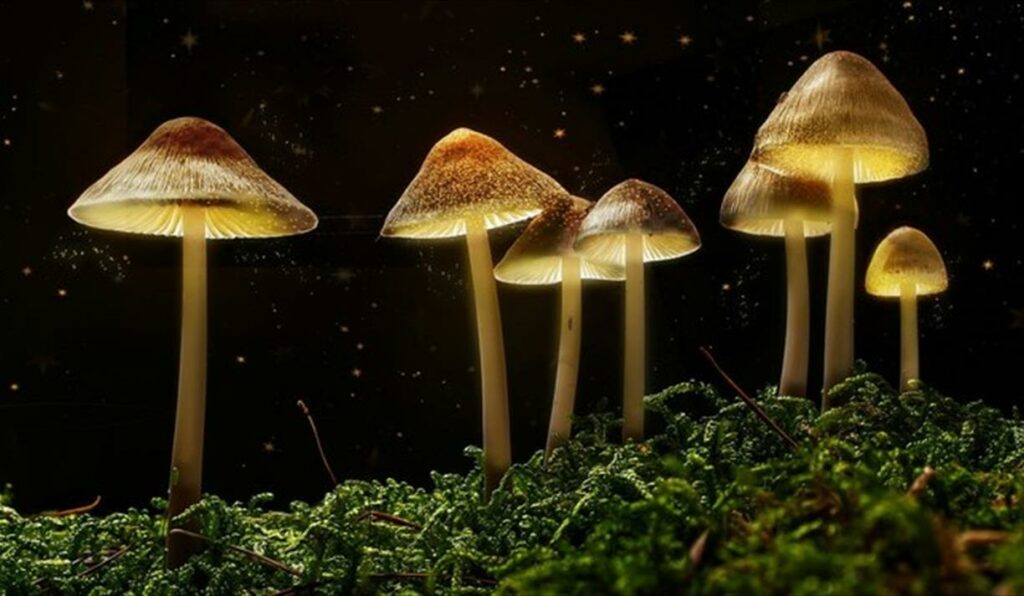Introduction
Microdosing magic mushrooms has quickly emerged from the shadows of underground experimentation into mainstream conversations about wellness and mental health. As public interest grows and scientific research accelerates, more people are wondering whether this practice is truly therapeutic or just the latest health fad. Is microdosing psilocybin—the psychoactive compound in magic mushrooms—really a path to greater mental clarity and emotional stability, or are we simply romanticizing a psychedelic placebo?
In this blog, we explore the science, the potential benefits, and the ongoing debates surrounding microdosing magic mushrooms to determine whether it’s a hopeful breakthrough or overhyped trend.
What Is Microdosing?

Microdosing involves consuming sub-perceptual doses of psychedelic substances—doses so low that they don’t produce a full-blown psychedelic experience. When it comes to magic mushrooms, the primary compound involved is psilocybin. A typical microdose of psilocybin ranges from 0.1 to 0.3 grams of dried mushrooms, depending on individual tolerance and goals.
People usually follow a structured schedule, such as taking a dose every third day, or several days on and several days off, to avoid tolerance and maintain effectiveness. Unlike recreational psychedelic use, microdosing is not intended to alter reality but rather to subtly enhance one’s mood, focus, or emotional resilience.
The Rise of Microdosing Culture
Microdosing has its roots in Silicon Valley culture, where tech entrepreneurs sought cognitive enhancement without the intensity of a full trip. Anecdotal reports began circulating, claiming increased creativity, reduced anxiety, and improved productivity. Soon, professionals, artists, and even parents began experimenting with microdosing as a form of self-improvement.
As testimonials poured in, scientific research began catching up. Universities and psychedelic research institutions started exploring whether there’s more to these claims than just placebo.
The Claimed Benefits of Microdosing
Microdosers commonly report a wide range of benefits, often tied to emotional and cognitive wellness. Some of the most frequently mentioned include:
1. Improved Mood
Many users experience a lift in their baseline mood, with reduced symptoms of depression and anxiety. Some report feeling more emotionally stable and better equipped to handle stress.
2. Enhanced Creativity and Focus
Anecdotal evidence suggests that microdosing can enhance creative thinking and increase productivity. Users describe a state of “flow” where problem-solving becomes more intuitive and focused.
3. Better Social Interaction
Subtle emotional openness and increased empathy are also cited benefits. Microdosers sometimes feel more connected to others, making social interactions smoother and more meaningful.
4. Mindfulness and Presence
Microdosing may improve awareness of one’s thoughts and environment, fostering a mindful state that can support personal growth and emotional regulation.
5. Reduction in Addictive Behaviors
Some early studies and personal accounts indicate that psilocybin may help reduce dependencies on substances like alcohol or nicotine, even at microdoses.
What Does the Science Say?
While much of the enthusiasm comes from personal stories, scientific studies are beginning to offer more concrete insights. However, it’s worth noting that the body of research on microdosing specifically (as opposed to full-dose psilocybin therapy) is still relatively small.
Promising Studies
- A 2020 study published in Psychopharmacology found that microdosers reported lower levels of anxiety and depression compared to non-microdosers.
- Research from Imperial College London indicated that microdosing may support emotional regulation and reduce negative mood patterns, although larger studies are needed.
- A 2021 citizen science study involving over 8,000 participants found self-reported improvements in mood and mental health, although it acknowledged the potential for placebo effects.
The Placebo Problem
Controlled studies are increasingly pointing out the difficulty in separating genuine effects from expectation. In many double-blind studies, both microdosing and placebo groups report similar improvements, raising questions about the psychological versus pharmacological basis of the benefits.
Risks and Considerations
Despite its growing popularity, microdosing magic mushrooms is not risk-free. Here are some key concerns:
1. Lack of Regulation
Psilocybin is a controlled substance in many countries. This makes quality control difficult and raises the risk of consuming unsafe or misidentified mushrooms.
2. Mental Health Concerns
While psilocybin shows promise in treating mental health conditions, it can also exacerbate issues like anxiety or bipolar disorder in some individuals, especially without proper guidance.
3. Unknown Long-Term Effects
Since microdosing is still a new phenomenon in modern contexts, little is known about its long-term safety. Daily or frequent use over extended periods may carry unforeseen risks.
4. Legal Implications
Even in places where psychedelics are being decriminalized, possessing or using magic mushrooms can still lead to legal consequences depending on local laws.
Is It Just a Placebo?
One of the biggest criticisms of microdosing is that its effects may be largely due to the placebo effect. If people believe that microdosing will improve their lives, they may unconsciously align their behavior and perceptions with that expectation.
However, placebo does not necessarily mean “ineffective.” Placebo responses can be powerful and beneficial—especially when used as part of a broader wellness routine that includes mindfulness, therapy, or lifestyle changes.
The Future of Microdosing
As more research funding is directed toward psychedelics, the future of microdosing is likely to become clearer. Regulatory frameworks are slowly evolving to allow clinical testing, and some jurisdictions have already decriminalized psilocybin for therapeutic use.
We may eventually see standardized microdosing protocols, physician oversight, and integration practices that help users maximize benefits while minimizing risks.
Also Read: Microdosing Magic Mushrooms: Trend or Treatment?
Conclusion
So, is microdosing magic mushrooms just overblown hype, or is it a legitimate tool for wellness?
The answer lies somewhere in the middle. While the current scientific evidence is still catching up to the enthusiasm, the early results—and thousands of anecdotal experiences—suggest that microdosing holds real potential. At the same time, it is not a magic bullet, and the line between genuine therapeutic effects and placebo remains blurred.
For those considering microdosing, it’s essential to approach it with curiosity, caution, and respect for both the substance and the self. Consulting mental health professionals, following responsible protocols, and staying informed about legality can help ensure that this journey toward wellness is safe, intentional, and grounded in reality.

